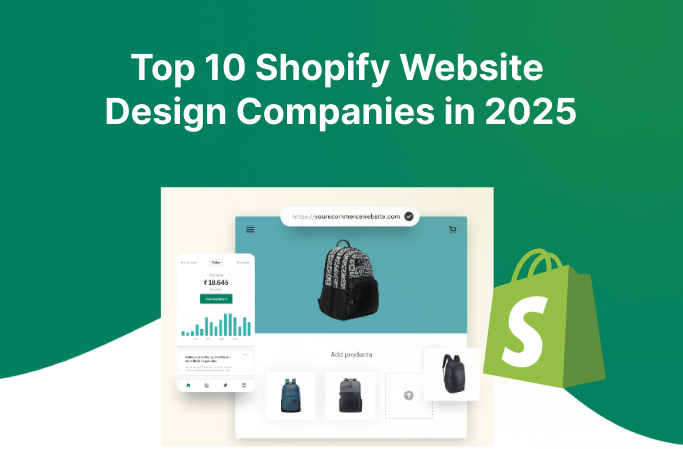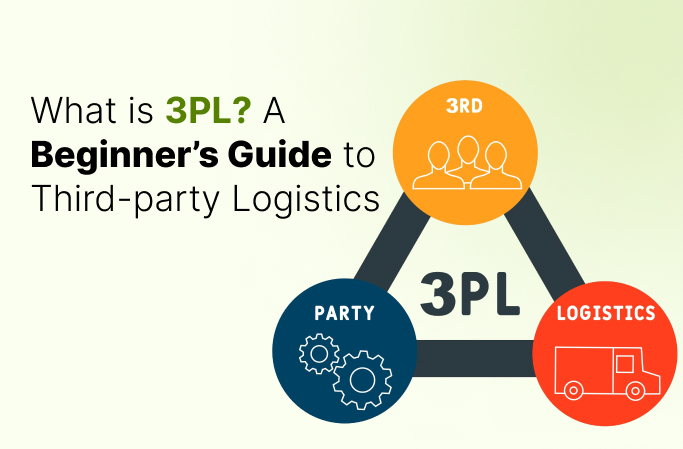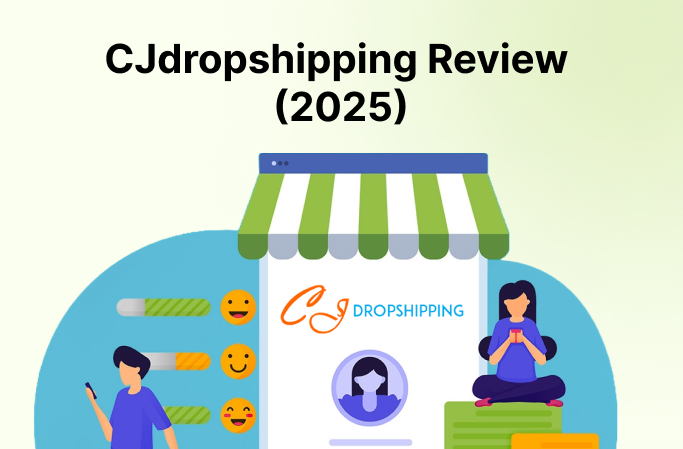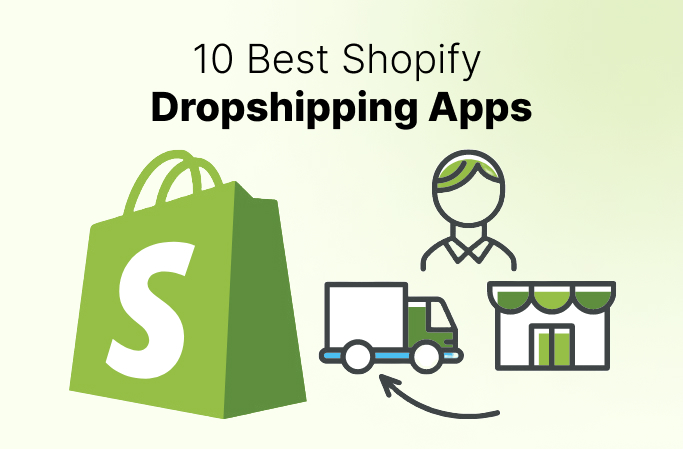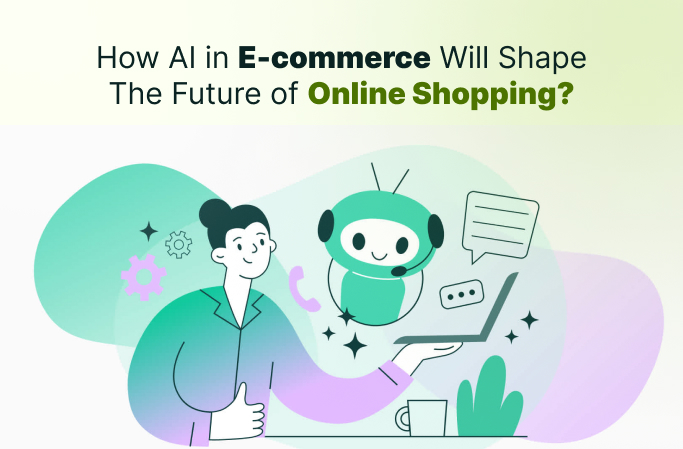Shopify vs Big Cartel: Features, Pricing, Ease-of-Use Security, SEO & More

When it comes to building a sophisticated and advanced online store, there’s no one in the race against the two e-commerce giants, Shopify and Big Cartel. There has been a long debate over the best e-commerce website builder. While many opt for Shopify for its ease of use, others go for Big Cartel due to its affordability and availability of advanced functionalities. No matter what you choose, Shopify vs Big Cartel, both platforms serve similar purposes, i.e., building online stores, managing online orders, and running discounts and promotions.
Although both platforms have near to equal functionalities, Big Cartel emerges as a great option for individual artists and retailers selling a limited number of products. On the other hand, Shopify is better suited for E-commerce businesses intended to sell a wide variety of products without any limit. The platform is much more dedicated to enterprises as it offers a robust feature suite, in-built payment processing, and more.
So, if you’re planning to take your e-commerce business online but are confused about what to choose between Big Cartel vs Shopify, this detailed comparison guide will help you to a great extent. So, let’s get started!
Key Statistics on Shopify vs Big Cartel
- As of 2024, Shopify boasts over 4.6 million active stores worldwide. (Source: Popupsmart)
- Shopify holds a significant e-commerce market share, capturing 23% of the top 1 million websites and surpassing WooCommerce (19%). (Source: Popupsmart)
- Shopify has facilitated a staggering $650 billion in total sales from its millions of businesses. (Source: Popupsmart)
- There are currently around 188,900 active stores on Big Cartel, with a 43% year-over-year increase in Q1 2024. (Source: Store Leads)
- While the exact number of users varies depending on the source, Big Cartel holds a niche position in the e-commerce market, with less than 0.1% of all websites using it. (Source: W3Techs)
- Apparel is the most popular category on Big Cartel, making up 22.1% of stores, followed by Arts & Entertainment (11.2%) and Beauty & Fitness (7.9%). (Source: Store Leads)

An Overview of Shopify vs Big Cartel
Before we start a detailed comparison between two of the e-commerce giants, Shopify vs Big Cartel, it is imperative that you understand the basics of each platform. It will help you make an informed decision about which platform best suits your business needs.
Read More: A Complete Guide to Shopify Shipping: Rates, Calculator, & Options
Understanding the core features, pricing, and user experience of both Shopify and Big Cartel will enable you to choose the right platform for your e-commerce venture.
What Is Shopify?
Shopify is an e-commerce platform that allows entrepreneurs to start, manage, and expand a business. It provides the tools to set up an online store, oversee sales, promote to customers, and process payments in both virtual and physical settings.
Shopify stands as a leader in the commerce world due to its attentiveness to the experiences of millions of business proprietors.
By catering to both individual entrepreneurs and large-scale brands, Shopify has developed features and products that not only drive current businesses but also pave the way for the future of commerce.
Pros and Cons of Shopify
|
Pros |
Cons |
|
Support for a Wide Range of Businesses |
Expensive plans |
|
Easy to Use and Setup |
Limited customization |
|
Shopify dropshipping is a plus |
Tedious Content Management |
|
Great Customer Service |
|
|
In-built payment processing |
|
|
Tons of apps and plugins |
What is Big Cartel?
Big Cartel is a popular cloud-based ecommerce platform offering a range of impressive features for creating online stores. While it’s often compared to Shopify, Big Cartel targets a unique demographic. Since 2005, it has been specifically catering to the needs of artists and creative individuals.
Independent internet usage statistics show that the platform has been powering over 70,000 online shops, most of which are operated by creative professionals such as crafters, designers, and musicians.
Big Cartel focuses on straightforward e-commerce tools. It handles everything from hosting and website creation to managing an online store.
Pros and Cons of Big Cartel
|
Pros |
Cons |
|
Free plan and affordable subscription plans |
Multiple currencies not supported |
|
Real-time shipment tracking |
Technical SEO isn’t available |
|
Automatic sales tax tracking |
|
|
No extra hosting costs |
|
|
Free customizable themes |
Shopify vs Big Cartel: Which Is The Best E-Commerce Platform in 2024?

So now that you have understood the basics of Shopify vs Big Cartel, it’s time for the most awaited part – the comparison. This section will point out the differences between these platforms and compare them on the basis of various aspects to help you find out a suitable e-commerce partner in 2024.
#1. No Coding Necessary
Both Big Cartel and Shopify are user-friendly platforms that don’t require users to have web development knowledge to set up or manage the online store. However, they differ significantly in terms of customization.
Big Cartel offers limited flexibility with its pre-designed themes. You may find restrictions in adding your preferred font, positioning a banner, or even uploading videos to your product pages.
Read More: Shopify vs Squarespace: The Ultimate Comparison Guide for Potential E-commerce Businesses
On the other hand, Shopify provides more control over the final look of your site, even when using a pre-designed template. It also allows you to enhance your product listings with videos, potentially increasing your conversion rates.
#2. Integrations and Add-ons
Both platforms offer a variety of add-ons and integrations, but the method of implementation differs. Most of Big Cartel’s “add-ons” are actually integrations via another tool, Zapier, that help you with tasks
like adding emails to your Mailchimp database, sending order confirmation emails, or posting new listings to Facebook.
At the same time, Shopify offers thousands of integrations through its own app store. Much like Apple’s App Store or Google Play, you can explore apps and integrate them directly into your website’s backend. This provides a seamless experience for enhancing your site’s functionality.
#3. Pricing Plans
When it comes to cost-effectiveness, Big Cartel holds an edge over Shopify. The platform provides a free plan, and its most expensive plan is only $19.99 per month, making it a more economical choice than Shopify’s Basic plan, which costs $39 per month. However, Shopify offers both monthly and yearly contracts. At the same time, opting for Shopify’s one- or two-year plan and paying the full amount upfront can save you up to 20%.
Shopify does offer a Lite plan at $15 per month, but it only permits you to add a ‘Buy button’ to an existing website or online store, not to build a new store. In contrast, all of Big Cartel’s plans enable you to set up an online store, receive payments from customers, and manage orders.
Furthermore, Big Cartel offers all its store themes for free and doesn’t impose transaction fees beyond what Stripe or PayPal charges for payment processing.
On the other hand, less than a quarter of Shopify’s store themes are free. If you choose a payment provider other than Shopify Payments, Shopify will levy a transaction fee of 2%, 1%, 0.5%, or 0.15% (depending on your subscription plan) in addition to the fees charged by your chosen third-party provider.
Here’s a breakdown of pricing plans comparison between Shopify vs Big Cartel
|
Shopify Pricing Plans |
Big Cartel Pricing Plans |
|
Basic – $39 per month |
Gold – $0/mo |
|
Shopify – $105 per month |
Platinum – $15/mo |
|
Advanced – $399 per month |
Diamond – $30/mo |
#4. Payment Processing
A payment processor is essential for accepting non-cash payments in every online store. Big Cartel lacks an integrated payment processor, which means you’ll need to use a separate one. This also implies that you’ll be subject to the credit card processing fees set by your external processor. However, Big Cartel, as a platform, doesn’t charge any listing fees or take a cut from your sales.
Read More: WooCommerce vs Shopify: 6-Point Comparison to Find the Best E-commerce Platform
On the other hand, Shopify has its own fully integrated payment processor known as Shopify Payments. With Shopify Payments, you can view your payment data alongside all your other data and enjoy zero transaction fees. However, if you opt for an external processor, you’ll incur transaction fees in addition to processing fees.
#5. SEO Tools
Attracting more traffic to your e-commerce site often requires SEO optimization. Big Cartel’s themes are crafted with user-friendly navigation, valid markups, and appropriate headers. However, the platform limits your control over URL editing, redirect creation, and blog publishing.
On the other hand, Shopify provides integrations specifically designed to enhance your site’s SEO. It also allows you to establish a blog, a powerful tool for increasing website traffic and sales.

#6. Custom Domain and Hosting Services
Both Big Cartel and Shopify provide the necessary web hosting services for setting up a website. However, if you wish to have a personalized domain name without the extensions “bigcartel.com” or “myshopify.com,” you’ll need to make an extra purchase or integration.
For Big Cartel, it allows you to procure a domain name from a third-party provider like GoDaddy and link it to your Big Cartel account. On the other hand, Shopify provides the convenience of purchasing a domain directly from its platform or linking to a domain that you’ve acquired from a different provider.
#7. Dropshipping Services
Big Cartel, being a platform designed with artists in mind, offers you the ability to drop ship products featuring your artwork via Printful and Art of Where. However, its dropshipping automation and capabilities are pretty restricted beyond these two options.
Contrarily, Shopify is renowned for its extensive support for dropshipping, boasting hundreds of apps in its app store designed to assist you with this process.
#8. Security
When you’re running an online store, it’s crucial to ensure that your website is secure for transactions. Fortunately, both Big Cartel and Shopify offer SSL security, providing a safe checkout experience for your customers.
PCI compliance is a set of security standards that online stores must follow to protect customer data. Shopify ensures PCI compliance regardless of the payment processor you choose. Unlike Shopify, Big Cartel does not provide PCI compliance.
Instead, it requires its users to depend on their external payment processors, such as PayPal and Stripe, for compliance.
#9. Customer Support
While choosing a platform, customer support might not be your first consideration – ideally, you won’t even need it. But, much like a car’s seat belts, it’s always better to have it and not need it than need it and not have it.
Big Cartel falls short in the area of customer support, scoring a mere 1.1 out of 5 in our evaluation. Its only support channel is email, available from Monday to Friday between 9 am and 6 pm EST. Although it appears to have a live chat feature, it merely redirects you to Big Cartel’s email support.
Compared to its competitors, Big Cartel’s support is noticeably lacking. So, if you encounter difficulties while setting up your business, you might have to rely on your own resourcefulness to overcome them.
Shopify, in contrast, ranks third alongside Wix in terms of help and support, scoring a commendable 3.8 out of 5. This makes it one of the top ecommerce platforms for providing assistance. Here are the various support options it offers:

- Round-the-clock phone support
- Social media assistance
- 24/7 live chat
- Community forum
- Email support
- Video guides
- Expert specialist support
These options give you a wide range of choices, allowing you to select the type of support that best suits your needs. With Shopify’s Plus plan, you even get a dedicated support agent to help you. It’s clear that Shopify has gone the extra mile to support and facilitate your digital transformation.
Conclusion
Big Cartel and Shopify both provide user-friendly, code-free platforms for selling products online. However, the best choice for you depends largely on your business requirements and preferences.
If you want growth for your online retail business, Shopify app development would be a more suitable choice. On the other hand, if you’re seeking a cost-effective solution, have a limited product range, or don’t require extensive customization, Big Cartel could be an excellent fit.
FAQs
What is the Difference between Shopify and Big Cartel?
Shopify is more feature-rich and scalable, ideal for larger online stores. On the other hand, Big Cartel is simpler and more affordable, catering to small businesses and beginners.
What is Better than Big Cartel?
Platforms like Shopify, Sellfy, Wix, Squarespace, and BigCommerce are considered better alternatives to Big Cartel due to their advanced features and greater customization options.
Is There a Platform Better than Shopify?
Some alternatives to Shopify include Wix, Squarespace, BigCommerce, and WooCommerce. These platforms offer different features and may be better suited to specific business needs.
Do People Still Use Big Cartel?
Yes, Big Cartel is still used, particularly by artists and small businesses. It’s appreciated for its simplicity, affordability, and artist-friendly approach.
Top Posts
- 1Understanding Shopify Fees: A Clear Overview for New Users
Malicy.June 16, 2025
- 2How to Build an Eye-catching Shopify Landing Page?
Shopify App Development.May 6, 2025
- 311 Visually-appealing Shopify Themes for Conversion-friendly Stores
Shopify.April 29, 2025
- 4PageFly Review (2025): Is This Shopify Page Builder Worth Paying For?
Shopify.April 28, 2025
- 5Top 10 Shopify Website Design Companies in 2025
Shopify.April 14, 2025




